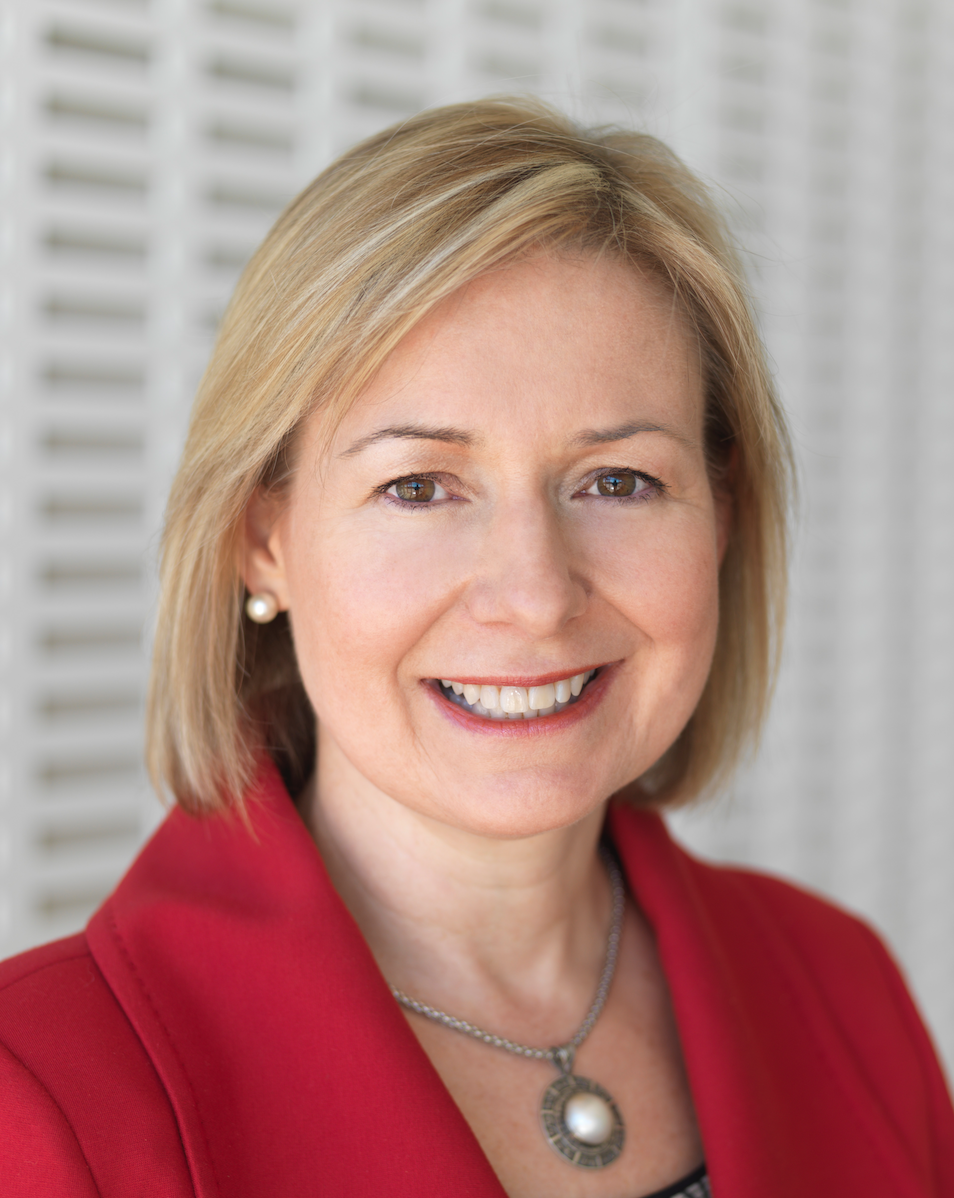| Bio Research+Teach Publications Press FAQ Personal | |
 Rosalind W. Picard, Sc.D., FIEEE Director of Affective Computing Research MIT Media Lab, E14-348A 75 Amherst Street Cambridge, MA 02139; USA picard (you can make the "at") media (dot) mit (dot) edu download Curriculum Vitae (CV) Follow @RosalindPicard Assistant: R-admin (you can make the "at") media (dot) mit (dot) edu Accessibility |
Rosalind Picard, Sc.D., is a scientist, inventor, entrepreneur, author, and engineer. She is the Grover M. Hermann Professor of Health Sciences and Technology at the MIT Media Lab. Picard is best-known for her book, Affective Computing, which proposed and described how to give skills of emotional intelligence to computers -- including voice assistants, robots, agents, and many kinds of interactive technologies. While trying to create ways to objectively measure data related to emotion, she and her team pioneered wearable technologies to monitor and analyze physiological data in daily life, giving rise to new research and inventions at the intersection of wearables, physiology, and physical and mental health. Picard is a named inventor on over a hundred patents, with impact that earned her election as a member of the National Academy of Engineering and as a Fellow of the National Academy of Inventors. Her contributions include wearable and non-contact sensors, algorithms, and systems for sensing, recognizing, and responding respectfully to human affective information. Her inventions have applications in autism, epilepsy, depression, PTSD, sleep, stress, dementia, autonomic nervous system disorders, human and machine learning, health behavior change, market research, customer service, and human-computer interaction, and are in use by thousands of research teams worldwide as well as in many products and services. Picard is the recipient of the 2022 International Lombardy Prize for Computer Science Research, which is described by many as the “Nobel prize in computer science". (There is no Nobel prize in computer science, a category that did not exist when Alfred Nobel established the original prizes). The Lombardy prize includes an award of a million euros, which Picard donated to non-profit research and to charity. She is founder and director of the MIT Media Lab’s Affective Computing Reseach Group, where she teaches and mentors students in research. Her research and engineering contributions have been recognized internationally, also with election as a fellow to the IEEE, the ACM, the AAAC and the APA. Picard and her team have published hundreds of peer-reviewed articles across AI, Machine Learning, Affective Computing, Digital Health, and Human-computer interaction. She has earned many best paper prizes, including for work on machine learning with multiple models (with Minka, 1998), a best theory paper prize for affect in human learning (with Kort and Reilly, 2001), a "best paper of the decade 2000-2009" by IEEE Intelligent Transporation Systems (with Healey, 2005) measuring driver stress, a best Face and Gesture paper prize for work with facial expressions (with McDuff, Kaliouby and Demirdjian, 2013), a best UBICOMP paper for an AI coach (with Hoque, Courgeon, Martin, and Mutlu, 2013), best paper at NIPS Workshop on Machine Learning for Health (with Jaques, Taylor, Nosakhare, and Sano, 2016), best paper at IEEE RO-MAN for work on a Robotic Positive Psychology Coach (with Jeong, Alghowinem, Arias, Aymerich-Franch, Lapedriza, Park, and Breazeal, 2020), and the UBICOMP 10-year Impact Award for her paper with Hoque et al. (2023). She is a popular speaker, who has given over a hundred invited keynote talks and a TED talk of over 2 million views. She has provided service to numerous scientific and medical organizations as a reviewer, advisor, and consultant, and she serves at MIT on numerous faculty committees and as the founding Faculty Chair of MIT MindHandHeart. She also serves on the advisory board for the Octet Collaborative at MIT and on the Media Lab's Executive Committee. Picard has co-founded two successful businesses, Empatica providing FDA-cleared biomarkers, a platform for clinical trial data collection from wearables, and the first FDA-cleared smartwatch to detect seizures, and Affectiva, providing Emotion-AI technologies (now part of Smart Eye, AB). She serves on the Board of Directors of Empatica. Picard interacts regularly with industry and has consulted for many companies including Apple, AT&T, BT, Harman, HP, i.Robot, Merck, Motorola, and Samsung. Her group's achievements have been featured in forums for the general public such as The New York Times, The London Independent, National Public Radio, Scientific American Frontiers, ABC's Nightline and World News Tonight, Time, Vogue, Wired, Forbes, Voice of America Radio, New Scientist, and BBC programs such as "Hard Talk" and BBC Horizon with Michael Mosley. Picard holds a Bachelors in Electrical Engineering from Georgia Tech, and Masters and Doctorate degrees in Electrical Engineering and Computer Science from MIT. She lives in Newton, Massachusetts with her husband, where they have raised three sons. |